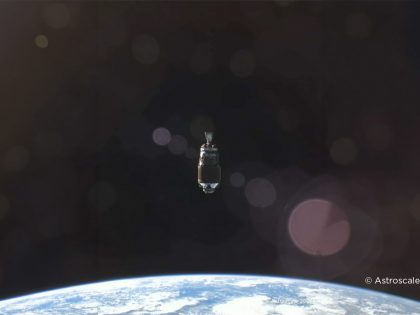
The ADRAS-J mission will be the world’s first attempt to safely approach and characterize an existing piece of large debris through Rendezvous and Proximity Operations (RPO) and is the start of a full-fledged debris removal service.
We rely on space technology in many areas of our lives – satellites help keep us safe, connected, and informed. But with more and more satellites being launched every year, the threat of orbital congestion and space debris is growing.
Astroscale has committed to track these objects and reduce space debris. Its leadership in Active Debris Removal (ADR) will demonstrate on a global stage what must be done to secure our economic and environmental future in space.
ADRAS-J paves the way for that future by providing unprecedented insights on the behavior and condition of a large debris object in orbit.
About the Mission:
The ADRAS-J spacecraft was selected by the Japan Aerospace Exploration Agency’s (JAXA) for Phase I of its Commercial Removal of Debris Demonstration Project (CRD2), one of the world’s first technology demonstrations of removing large-scale debris from orbit. ADRAS-J will demonstrate safe and secure approach — known as RPO — with a client space object and will obtain images of and other data about that object, delivering observational information to better understand the space debris environment.
ADRAS-J launched on a Rocket Lab Electron rocket from Launch Complex 1 in Mahia, New Zealand on Sunday, February 18, 2024 at 2:52 PM UTC. The ADRAS-J satellite is designed to rendezvous with a Japanese upper stage rocket body, demonstrate proximity operations, and obtain images, delivering observational data to better understand the debris environment.
Phase II of CRD2, which has yet to be contracted, will involve the capture and removal of space debris.
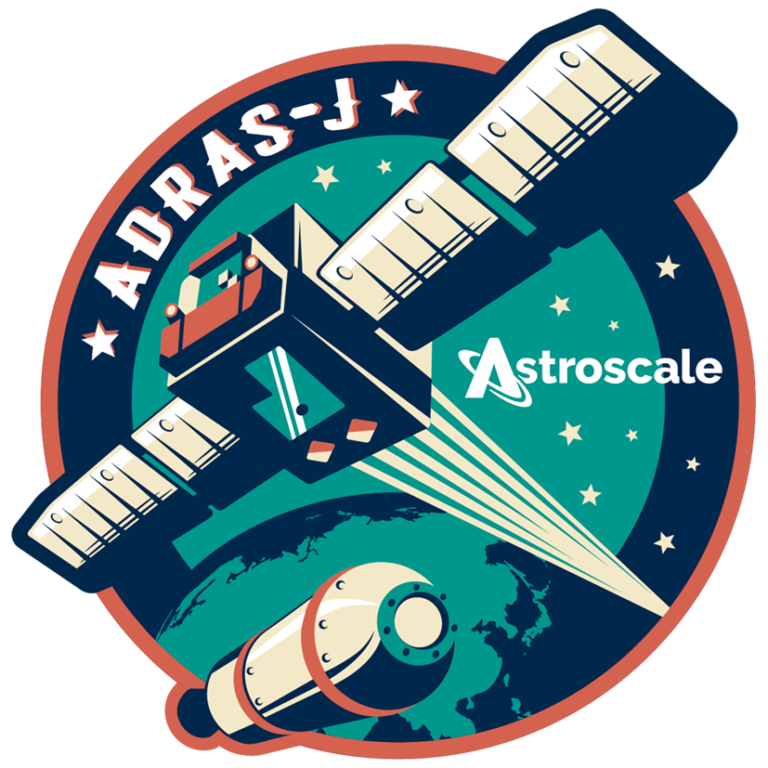
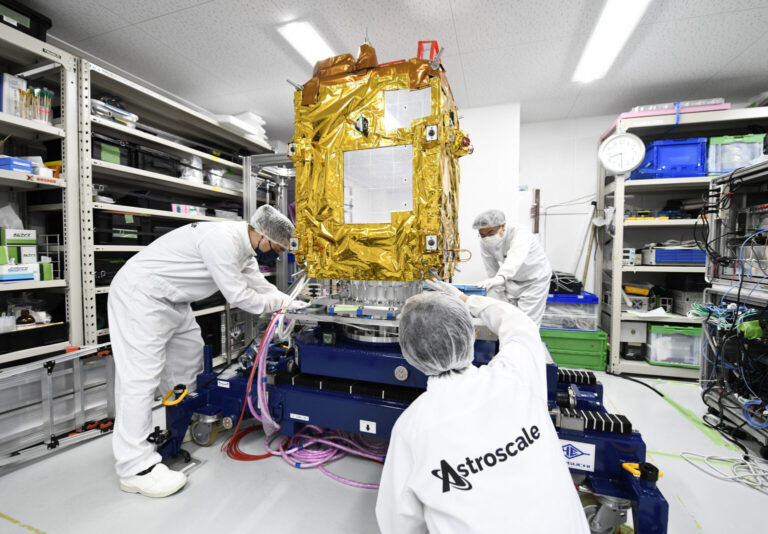
Technology:
ADRAS-J will demonstrate Astroscale’s RPO by locating, approaching, orbiting around, and gathering data on an upper-stage rocket body currently in low Earth orbit.
Policy:
During the ADRAS-J mission, Astroscale will take measures for safety and transparency based on the “Guidelines on a License to Operate a Spacecraft Performing On-Orbit Servicing,” issued by the Japanese government in November 2021.
ADRAS-J will be a pioneering mission for demonstrating the regulations and operational practices, as well as the technology, for safe and secure on-orbit services.
As a world’s first demonstration of its kind, ADRAS-J will serve as a catalyst for discussions on how to make ADR a feasible reality for governments and commercial businesses around the world.
Astroscale will continue contributing to and leading discussions on regulation and policy making regarding space debris and on-orbit services.
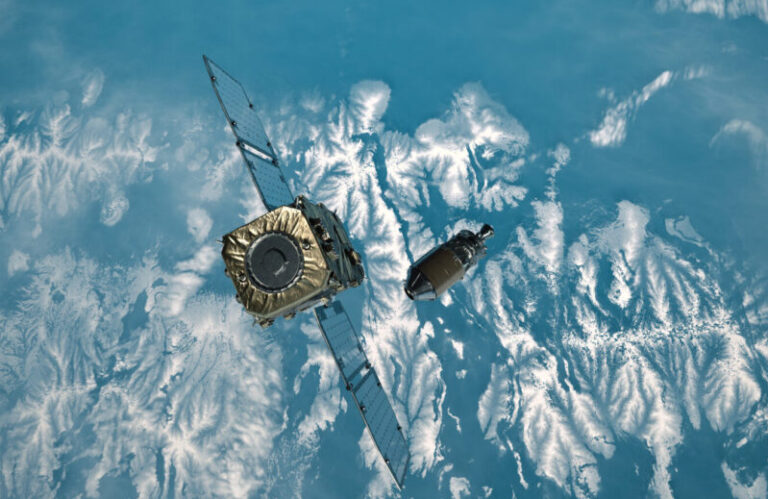

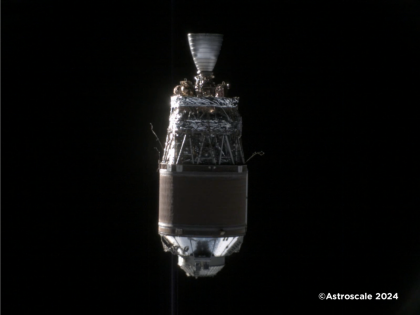
© Astroscale 2024. Web by Eldo Web Design. | Terms & Conditions | Privacy Policy
